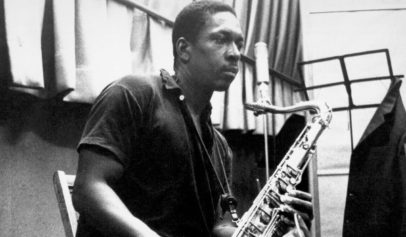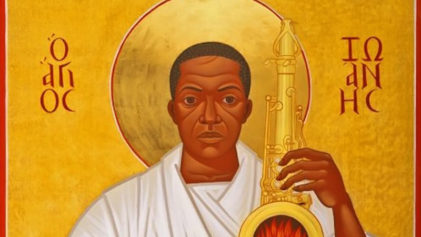It was a question — or, at the least, a consideration — that sat in the back of Kirk Whalum’s mind as he assembled his newest album: “What would John Coltrane think?”
Those who have experienced Whalum’s Grammy-winning music over the past 27 years would probably never contemplate such a query. Both artists can be viewed as spiritually inclined saxophonists, but aside from that, they come from different stylistic universes. Whalum is an artist whose playing is steeped in the melodic, smooth jazz accessibility of R&B and pop; Coltrane, who died in 1967, was viewed as an improvisational colossus whose music grew from bop-bred jazz into groundbreaking avant-garde innovation.
So what’s the connection? And why would Whalum, who performs Saturday for the African American Forum’s annual Lexus Smooth Jazz Fest, be pondering the blessing of a late jazz giant?
The answer comes with the makeup of Whalum’s most recent album, Romance Language. The record’s first six songs are re-imaginings of the repertoire that makes up the 1963 album John Coltrane and Johnny Hartman. That record, long considered one of Coltrane’s most accessible works, used his famed ’60s quartet (completed by pianist McCoy Tyner, bassist Jimmy Garrison and drummer Elvin Jones), a collection of standards (composed by Irving Berlin, Billy Strayhorn, and Rodgers and Hart) and the sleek vocals of Garrison.
“Coltrane was such a soft-spoken and generous person that I believe he would have liked this project,” Whalum said. “I think he would have been honored. I think he would have said, ‘Wow. This is cool.’ I know if, say, a hip-hop artist did some of my music, I would be flattered.
“I mean, this is a totally different but very authentic and earnest way of paying tribute to his music. I say authentic because I grew up in Memphis. So when it comes out of R&B in instrumentation and form, it’s natural for me. To put his music in this space, I think, is something kind of novel. But it’s honest and respectful, too. And I think it’s something that doesn’t diminish the original.
“That was the main thing. I didn’t want to be someone who dug up a legendary artist and recorded one of those pieced-together duets with their music. That’s foul. This is paying tribute but with using your own tools.”


